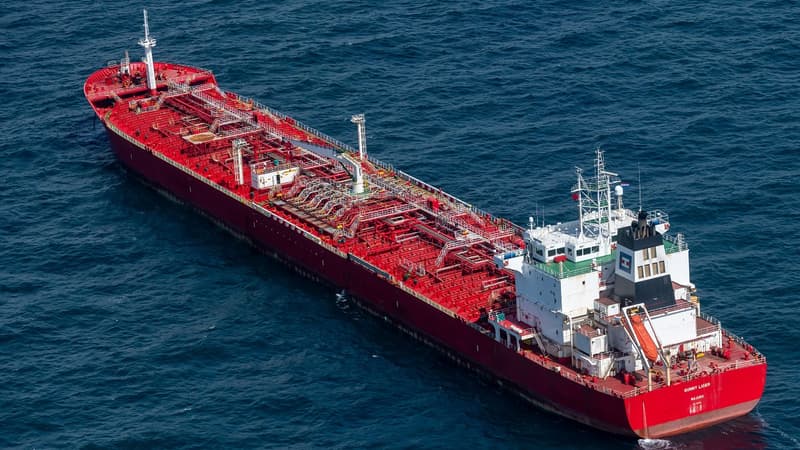The EU keeps the pressure on Moscow. As of this Sunday, Russian refined petroleum products exported by sea will no longer be allowed to enter Europe. In concrete terms, this embargo will prohibit shipments of kerosene, gasoline, bitumen, fuel oil and even diesel.
It comes just weeks after a first EU embargo on seaborne Russian crude went into effect in December, coupled with a cap on the price of Russian crude at $60 a barrel. Two ways, according to European leaders, to limit Russia’s significant hydrocarbon resources.
In return, Moscow has banned the sale of its oil to countries that use this price cap since February 1. According to the president of the European Commission, Ursula von der Leyen, present in Kyiv on Thursday, this sanction costs “around 160 million euros per day” to Russia.
What consequences?
This embargo risks interrupting the supply of diesel to Europe. And for good reason – despite a sharp drop for nearly a year, more than a quarter of Europe’s diesel imports were still coming from Russia as of early 2023, according to worldwide tanker tracking data analyzed. by S&P Global. This represents a daily volume close to 450,000 barrels, according to this company specializing in analysis and financial data.
The European embargo could thus cause a rise in prices at pumps in Europe, because European countries will have to quickly find other sources of supply, in a market that is already under pressure. However, some EU countries, as well as the United Kingdom, have begun to accumulate stocks and in recent months have gone to the United States, but also to Saudi Arabia and the United Arab Emirates to anticipate this fall.
For its part, Russia will no doubt be able to turn to its allies, China or India, to liquidate its actions. Russian presidential spokesman Dmitry Peskov also warned on Friday that the European embargo “will further unbalance international energy markets,” before assuring that Moscow will take “measures to hedge (its) interests against emerging risks.”
Source: BFM TV


